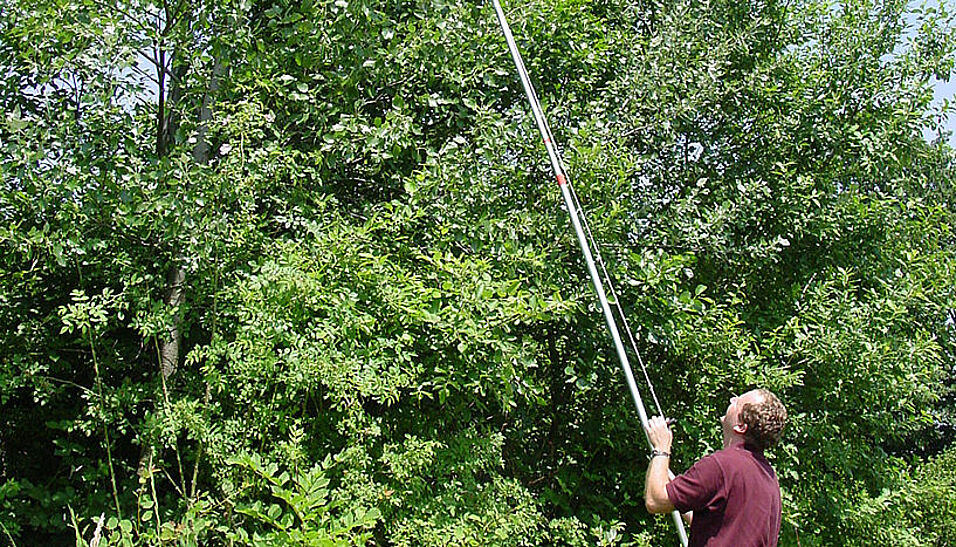A working group led by Christian Lexer from the Department of Botany and Biodiversity Research, together with scientists from the Canadian University of British Columbia (UBC), has been able to prove on the basis of poplar species that adaptive gene variants can also be derived from gene exchange with related species. The results have recently been published in high-profile journals and are currently being discussed at the second International World Congress on Evolutionary Biology in Montpellier. [read more]
In "Biology Letters": A Suarez-Gonzalez, C Lexer and QCB Cronk (2018) Adaptive introgression: a plant perspective. Biology Letters 14:20170688. DOI: 10.1098/rsbl.2017.0688
Originalpublikationen in "Molecular Ecology" und "New Phytologist" mit direkter Themenrelevanz: Suarez-Gonzalez A, Hefer CA, Lexer C, Cronk QCB & Douglas CJ (2018) Scale and direction of adaptive introgression between black cottonwood (Populus trichocarpa) and balsam poplar (P. balsamifera). Molecular Ecology 27:1667-1680
Suarez-Gonzalez A, Hefer CA, Lexer C, Douglas CJ & Cronk QCB (2017) Introgression from Populus balsamifera underlies adaptively significant variation and range boundaries in P. trichocarpa. New Phytologist 217:416-427
Suarez-Gonzalez A, Hefer CA, Christe C, Corea O, Lexer C, Cronk QCB & Douglas CJ (2016). Genomic and functional approaches reveal a case of adaptive introgression from Populus balsamifera (balsam poplar) in P. trichocarpa (black cottonwood). Molecular Ecology 25:2427-2442.

